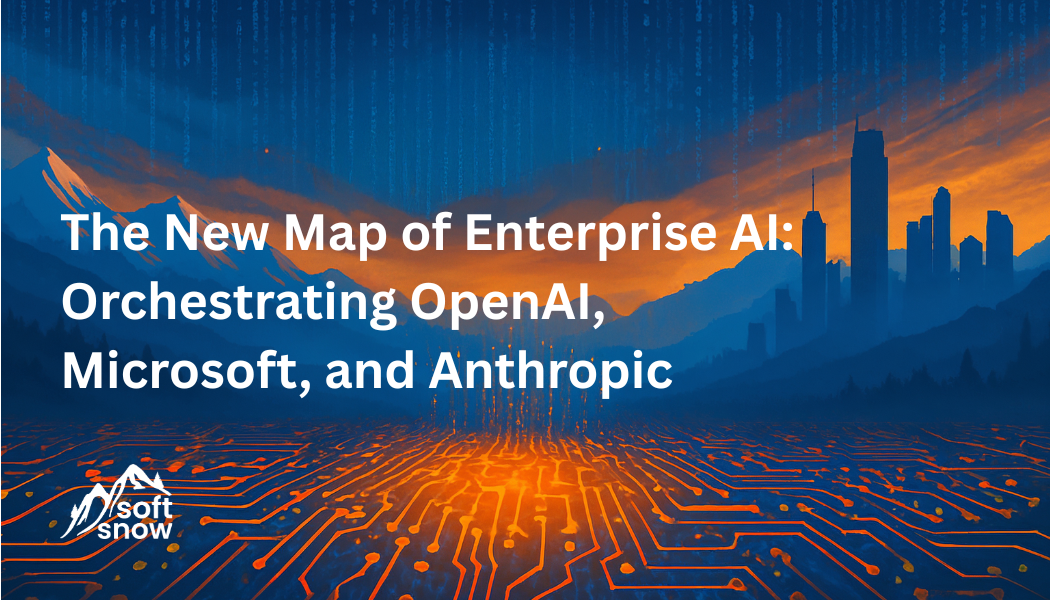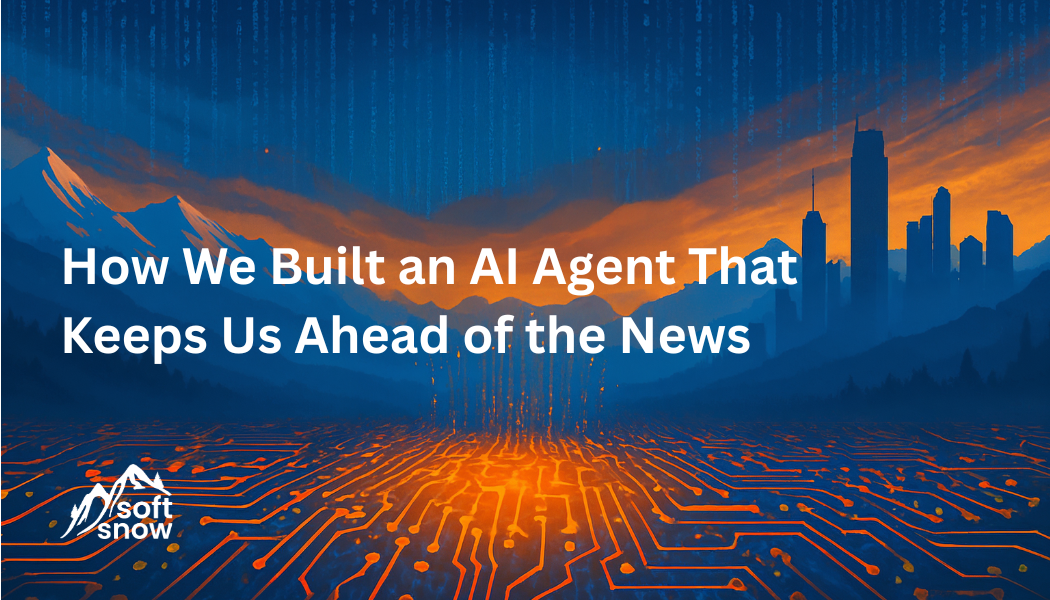.png)
The business world is witnessing unprecedented momentum in AI adoption. This week’s developments focus on making sophisticated AI capabilities more accessible, efficient, and immediately valuable for organizations across the spectrum.
________________________
Amazon Adds an Agentic AI Team to its R&D Unit
Amazon announced plans to create an agentic AI group within its Lab126 hardware research and development unit in Silicon Valley. The new group will develop a framework for AI use in “physical AI” robotics operations.
Known for their work on the Kindle e-reader, Echo smart speaker, and other Amazon devices, the lab’s new team intends to focus on agentic AI agents that are capable of completing multi-step, complex actions for users.
How it Works: According to Amazon, the AI agents they’re creating will enable warehouse robots to hear, understand, and act on language commands – turning them into flexible and multi-talented assistants.
Other Use Cases: Alexa+ release in March was an AI-infused update to Amazon’s voice assistant that included some agentic capabilities. Earlier this year, Lab126 released a web browser agent and its cloud unit formed its own agentic AI group.
________________________
Alphabet Continues to Hire Engineers Amid AI Boom
Alphabet’s CEO, Sundar Pichai, announced that the company plans to continue expanding its engineering workforce at least into 2026.
Emerging Opportunities: Speaking at the Bloomberg Tech conference in San Francisco, Pichai emphasized that human talent remains essential, even as Google's parent company significantly increases its investments in AI. He explained that continued engineering growth will enable Alphabet to capitalize more effectively on emerging opportunities.
Enhancing Productivity: Pichai views AI not as a replacement for engineers, but as a tool to dramatically increase their productivity by automating mundane aspects of their work.
While optimistic about AI's potential, particularly in areas like coding, Pichai also maintained a sober view of its current limitations, noting that AI models still make basic mistakes that require human interaction.
________________________
New York Times Strikes Its First Generative AI Deal
The New York Times has signed a multi-year AI licensing agreement with Amazon that will bring its content to various Amazon customer experiences.
Content Access: The agreement allows Amazon to use summaries of NYT’s content in products like Alexa and full articles to train its AI models. Amazon will also draw content from The Atlantic (sports outlet), and NYT Cooking (recipe hub).
From Litigation to Licensing: The deal follows NYT’s copyright infringement lawsuit against Microsoft and OpenAI for using its articles to train their AI models without permission and depriving the outlet of revenue streams. While other publishers have also sued AI companies, some, like The Atlantic and News Corp, have opted for licensing deals.
Financial terms of the Amazon deal were not disclosed, but Meredith Kopit Levien, CEO of the The New York Times, said it aligns with their principle that quality journalism should be compensated.
________________________
Manus Rolls Out Text-to-Video Service
Manus, an AI startup, has introduced a new text-to-video generation feature. This places the company in a segment dominated by OpenAI (Sora), Alibaba, Tencent, Runway, Synthesia, and Google.
How It Works: Manus is known for its AI services that handle multi-step tasks the way humans do, and this feature allows users to generate sequenced video stories from text commands within minutes.
Where It’s Available: This feature is initially only available to paid subscribers. A wider release, planned for later in the year, will be free for all users.
Manus jumped into the AI agent segment earlier this year. Its owner, Butterfly Effect, drew international attention by securing venture capital from prominent Silicon Valley investor Benchmark Capital, even as US-China tensions over artificial intelligence intensified.
_______________________
These rapid developments across industries demonstrate both the urgency and opportunity of this moment. The good news? Meaningful AI implementation doesn't require enterprise-scale resources or massive infrastructure investments.
The most successful AI transformations aren't about chasing every new capability; they're about identifying where technology can solve real business problems and empower your existing teams. Whether you're building infrastructure, creating new user experiences, or seeking competitive advantages, the key is approaching AI with purpose and practicality.
At SoftSnow, we understand that successful AI adoption isn't just about acquiring technology: it's about thoughtful integration that enhances human potential rather than replacing it, allowing teams to work smarter and achieve more while staying true to core business objectives.





